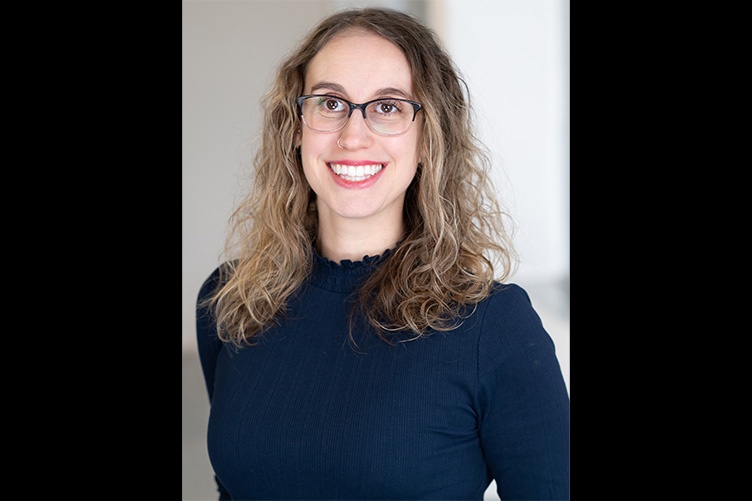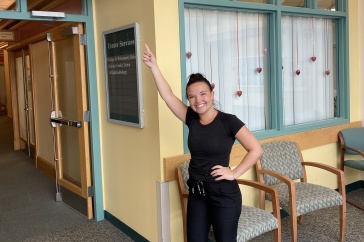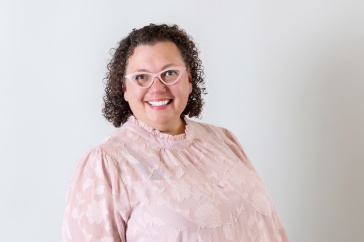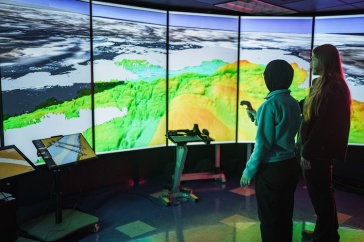
A conversation with Leanne Ryder ’23G quickly reveals her purposeful desire to enhance the quality of life for historically disinvested communities by improving their economic opportunities.
Ryder works with UnidosUS, the largest Latinx civil rights organization in the country, whose mission spans education, health, housing, financial empowerment, immigration and employment needs. As senior program manager of workforce development, Ryder is responsible for a $4 million corporate grant portfolio targeted for partnership programs managed by UnidosUS Affiliates among a network of 300 local nonprofit organizations. She manages the UnidosUS Digital Skills for Life (DS4L) and Latinx in Tech programs, offering digital upskilling opportunities to nearly 3,000 participants from the Latinx community across the nation.
“The pandemic-induced shift to remote school and work access exposed a huge gap in digital literacy within this community,” says Ryder. “Latinos represent 18% of the national workforce but 55% of these workers show a gap in digital skills, putting them at a disadvantage for employment. Closing the digital divide is truly a gamechanger for the Latinx community.”
Ryder previously worked with Local Initiatives Support Corporation (LISC), a national organization that works with residents and partners to build resilient and inclusive communities. After college, she served as an AmeriCorps VISTA member with 1010 Development Corporation, a nonprofit affordable housing developer in Los Angeles.
Entering the University of Connecticut with the goal of becoming an English teacher, Ryder decided to expand her academic focus to include a double major of English plus urban and community studies, blending a liberal arts education with a cross-disciplinary study of the urban living experience. Her undergraduate studies included an internship in South Africa with Cape Town Community Housing Company, a government-funded institution created to supply safe, affordable housing for the local community.
Seeking to expand her professional boundaries, Ryder enrolled in the online master of public administration at UNH, graduating in 2023. Based on her work experience, she was eligible for the “executive” track which gives students the option of a shorter program length with a correspondingly lower total tuition cost. The advanced courses taught time-tested methods with applicability in budget management, human resources, housing policy and program evaluation. Ryder says she was pleased by the required capstone project which partners students with community organizations to provide research, analysis and recommendations on a topic of choice. The opportunity for MPA students to produce real-time benefits in the field cemented her decision to apply to the UNH program.
“I chose the online learning format for the freedom of access to my courses from anywhere in the country. Given the small class sizes, I received personalized attention from a nationally recognized faculty deeply committed to supporting their students,” declares Ryder. “And sharing experiences with my working peers was a tremendous learning opportunity. Designating specific calendar days to work on course assignments enabled me to balance work and home life while allowing time for social activities.”
Ryder is continuously forging ahead to master new skills, including a Google career certificate in project management, and plans to seek additional training in workflow processes and socially responsible choices in the workplace. Cultivating these leadership skills maintains momentum in a career that requires an agile and educated workforce.
As an active player in the intermediary connection between national and local avenues of support, the dedication of participating organizations and advocates across the country mirrors her own inspiration in a collective commitment to improve long-term outcomes for individuals, families and communities across the country.
-
Written By:
Gwendolyn Goguelet | UNH Online | unh.online@unh.edu
















































